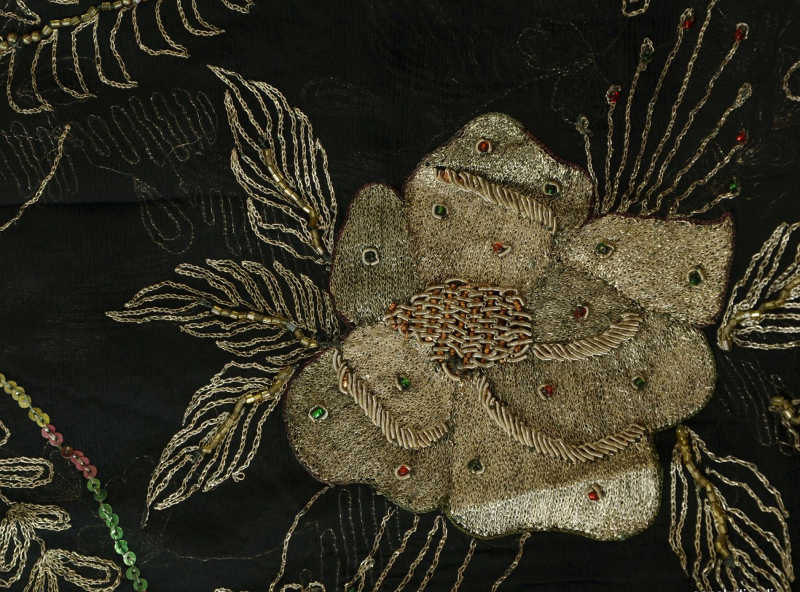===
0949,
5
===

=== |
 |
FWP:
SETS == POETRY
MOTIFS
NAMES
TERMS == IZAFATFor discussion of this ghazal as a whole, see {949,1}.
For the 'enchantment of expression' to have been finally mingled with the dust evokes the dastan world, in which the breaking of a 'tilism', a special enchanted world, usually results in, or at least coincides with, the death of the magician who created it. The theme of magic continues in the next verse, {949,6}.
Note for grammar fans: To join si;hr-bayaanii in this way seems to makd it a case of an 'omitted' izafat.